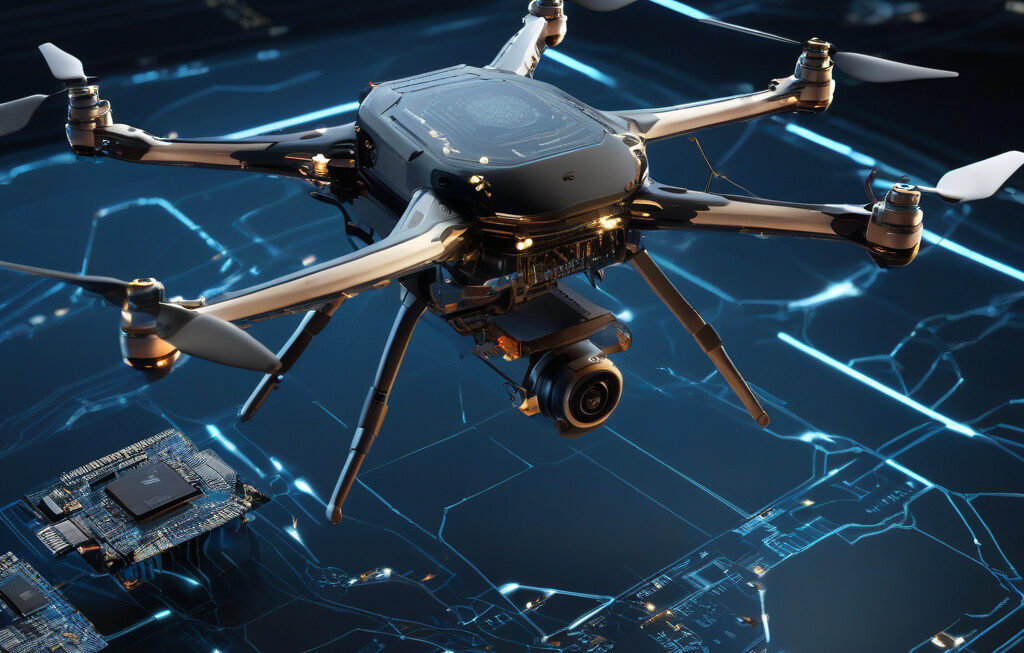Tech Coalition Urges Faster US Foreign Cybersecurity Aid to Address Growing Geopolitical Tensions
The tech industry is no stranger to geopolitical tensions, particularly when it comes to issues of cybersecurity and national security. With the US ramping up export controls on advanced AI chips in an effort to curb China’s technological and military advancements, a new wave of challenges and opportunities has emerged for tech companies on both sides of the Pacific.
In response to the US’s actions, a coalition of tech leaders is advocating for faster and more robust foreign cybersecurity aid to be extended to countries facing increasing pressure from global powers. The goal is not only to address immediate security concerns but also to foster international cooperation and ensure a level playing field for technological innovation.
The US government’s decision to tighten export controls on advanced AI chips is a clear indication of the growing concerns surrounding the transfer of sensitive technologies to potential adversaries. By limiting China’s access to these critical components, the US aims to maintain its technological edge and protect its national security interests.
However, China has not taken these actions lightly. The Chinese government has condemned the US’s export controls as ‘bullying’ and protectionism, arguing that such measures not only harm Chinese companies but also undermine global trade and cooperation. As tensions between the two economic superpowers escalate, the need for international collaboration on cybersecurity issues becomes more pressing than ever.
In this context, the tech coalition’s call for faster US foreign cybersecurity aid is a timely and necessary step towards addressing the complex challenges posed by the current geopolitical landscape. By providing targeted assistance to countries at risk of cyber threats and attacks, the US can help build a more secure and resilient global digital ecosystem.
Moreover, faster foreign cybersecurity aid can also serve as a catalyst for innovation and collaboration among tech companies worldwide. By sharing best practices, threat intelligence, and resources, countries can collectively enhance their cybersecurity capabilities and better defend against emerging threats in cyberspace.
For tech companies, the push for faster US foreign cybersecurity aid represents both a challenge and an opportunity. On the one hand, increased regulatory scrutiny and export controls may disrupt supply chains and limit market access. On the other hand, a more secure and stable international environment can foster trust and cooperation, ultimately benefiting the industry as a whole.
In conclusion, the escalating tensions between the US and China over advanced AI chips underscore the critical importance of cybersecurity in today’s interconnected world. By advocating for faster foreign cybersecurity aid, the tech coalition is not only responding to immediate threats but also laying the groundwork for a more secure and collaborative future. In an ever-changing geopolitical landscape, cooperation and dialogue are essential to addressing shared challenges and ensuring a prosperous digital economy for all stakeholders.
cybersecurity, tech coalition, US foreign aid, geopolitical tensions, technological innovation












